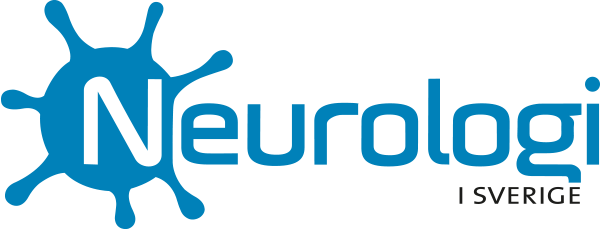Call to Action: Implementation of Innovative, Global Strategies for Alzheimer’s Accurate Diagnosis
Call to Action: Davos Alzheimer’s Collaborative Calls for the Implementation of Innovative, Global Strategies for Alzheimer’s Accurate Diagnosis.
We are entering a new, critical period for the global response to Alzheimer’s disease with novel treatments and diagnostic tests poised to transform care. However, in order for patients, clinicians, and families to realize the benefits of these innovations, health systems, governments, and other stakeholders must prioritize implementation to speed clinical adoption and broaden access.
On June 18th, the Davos Alzheimer’s Collaborative (DAC) Healthcare System Preparedness Learning Laboratory convened 450+ stakeholders from 45 countries and 270+ organizations to explore the current landscape for clinical adoption of blood biomarkers, introduce DAC Healthcare System Preparedness’s (DAC-SP) newly launched Accurate Diagnosis (AccDx) program, and discuss ongoing collaborations with organizations around the world to speed and scale early detection and accurate diagnosis of Alzheimer’s disease and related dementias.
The discussion featured perspectives from: Karen Blackmon, Imarisha Center for Healthy Brain Aging, Brain and Mind Institute, Aga Khan University; Jeff Burns, University of Kansas Alzheimer’s Disease Research Center; Amy Deckert, Davos Alzheimer’s Collaborative; Ishtar Govia, Amagi Health, Ltd.; Atsushi Iwata, Tokyo Metropolitan Institute for Geriatrics and Gerontology; Tim MacLeod, Davos Alzheimer’s Collaborative; Lefkos Middleton, School of Public Health, Imperial College London; Michelle Mielke, Wake Forest University School of Medicine; Suzanne Schindler, Washington University; and George Vradenburg, Davos Alzheimer’s Collaborative.
As next steps, DAC calls on governments, healthcare systems, global organizations, the private sector, and other stakeholders to implement several key actions:
1 Accelerate clinical adoption of blood biomarker tests and other innovative diagnostic tools. Blood tests for amyloid pathology are now available in multiple countries and hold great promise for early detection and accurate diagnosis. However, there is a need to translate research into pragmatic guidance for healthcare systems and clinicians to determine appropriate tests for their context of use, interpret results, and how to integrate tests into routine clinical practice in real world care settings. The recent CEOi Blood Biomarker Working Group publication in Nature Reviews Neurology represents an important step forward, laying out performance standards to guide health systems as they select and adopt blood tests in the United States.
1 Bridge healthcare system gaps to drive towards accessible, early, and accurate diagnosis. The first-of-its-kind DAC-SP AccDx program recently launched with 8 sites from 5 countries, to adopt innovative blood biomarker tests in the diagnostic pathway. Partners are already working together through a Community of Practice to share learnings and find solutions to common challenges. Findings will be shared at future DAC events, including the Learning Laboratory and build on the DAC-SP Early Detection Blueprint.
1 Prioritize education and support for primary care providers. Clinician education related to new diagnostic screening and tests is essential, especially at the primary care level. Today, the majority of people with cognitive impairment are still not identified, resulting in individuals not having access to critical care and support services in a timely manner. For new tests, primary care providers need help understanding the difference between Alzheimer’s disease and dementia, when to provide the tests, how to interpret and disclose results, what steps to take after diagnosis, and how best to engage with specialists.
2 Advance, fund, and scale global implementation and innovation. Governments, global organizations, and the Alzheimer’s disease community cannot afford to wait on the challenges faced by LMICs, home to the majority of people with dementia. Our collective efforts in high resource settings will help inform infrastructure needs in LMICs. At the same time, innovations from LMICs have the potential to deliver important benefits to the globe, with opportunities of lower costs and greater scalability. DAC-funded programs in Jamaica to identify and address reversible causes of cognitive impairment and research on fluid biomarkers and cognitive assessments in Kenya are part of this journey. Programs such as these should be a policy and funding priority for governments, foundations, multilateral organizations, and others, given the size of the challenge, the immense economic impact, and promising advancements on the horizon.
After decades of effort, we are finally seeing vital new diagnostics and treatments poised to move from the lab to the clinic. Our challenge now is to accelerate this process, far faster than the typical 17-20 years for routine use of clinical innovations, while ensuring new tools are used appropriately for the millions of families affected by Alzheimer’s disease in every country and community around the world.
DAC Healthcare System Preparedness Program will continue collaborating with our partners to advance these goals, share findings through our Learning Laboratory, and equip healthcare systems to implement adaptable, proven solutions.




